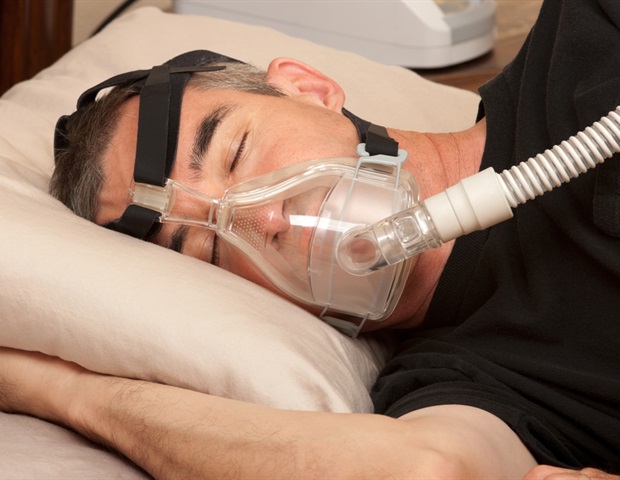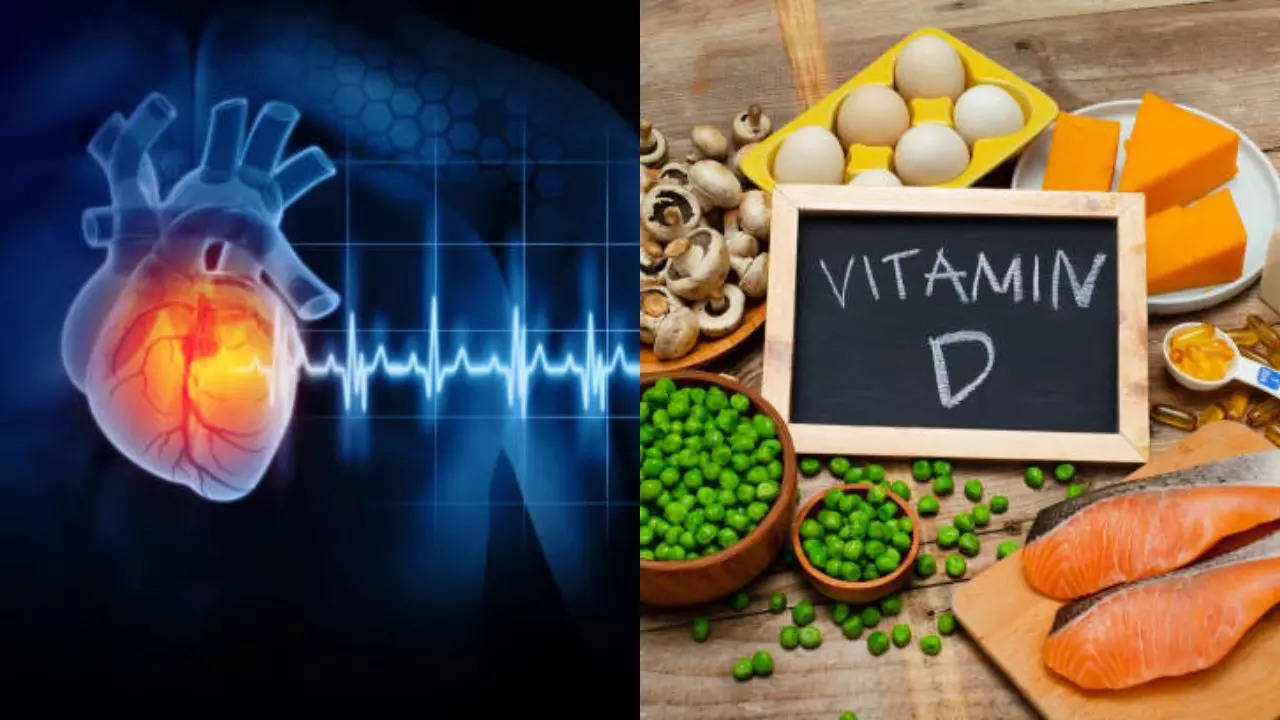When people check in for their annual mammogram these days, some may face a surprising question: In addition to reviewing the mammogram for breast cancer, would you like the radiologist to examine it for heart disease risk? That’s what happened recently when a colleague visited Washington Radiology, a practice with more than a dozen locations in Washington, D.C., Maryland, and Virginia.
For $119, she was told, the practice would use artificial intelligence software to analyze her mammogram for calcification in the arteries of her breasts, which could indicate she’s at risk for cardiovascular disease. Washington Radiology is one of a number of practices nationwide offering this type of screening. Here’s what to know about the screening and whether research supports it.
Although breast X-rays are typically used to detect and diagnose breast cancer, the pictures also indicate whether the arteries in the breast have calcifications, which show up as parallel white lines on the film. Calcifications, which are considered “incidental” findings unrelated to breast cancer, may be associated with someone’s heart disease risk. They’ve been visible on images for decades, and some radiologists have routinely noted them in their reports.
But the information hasn’t typically been passed on to patients. Now some practices make the results available to patients — sometimes for a fee. Washington Radiology didn’t respond to interview requests, but in a video on its website de.


















